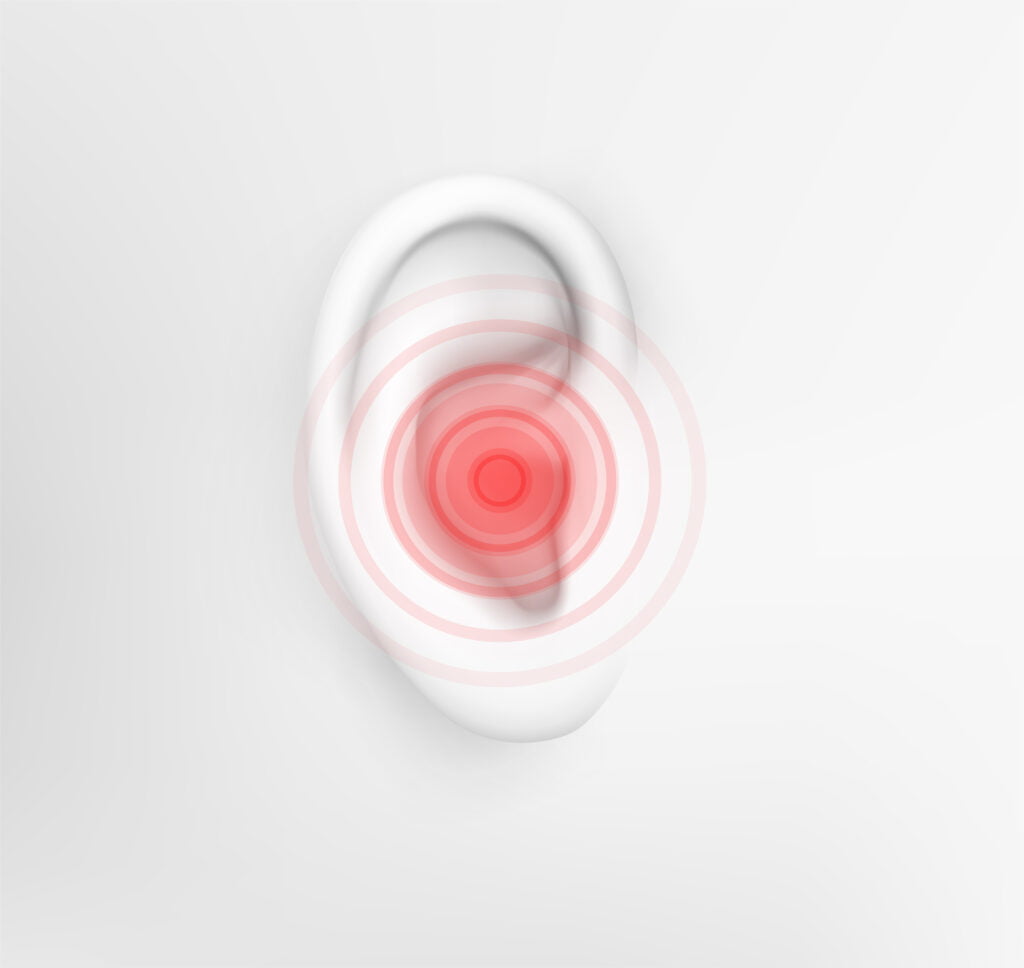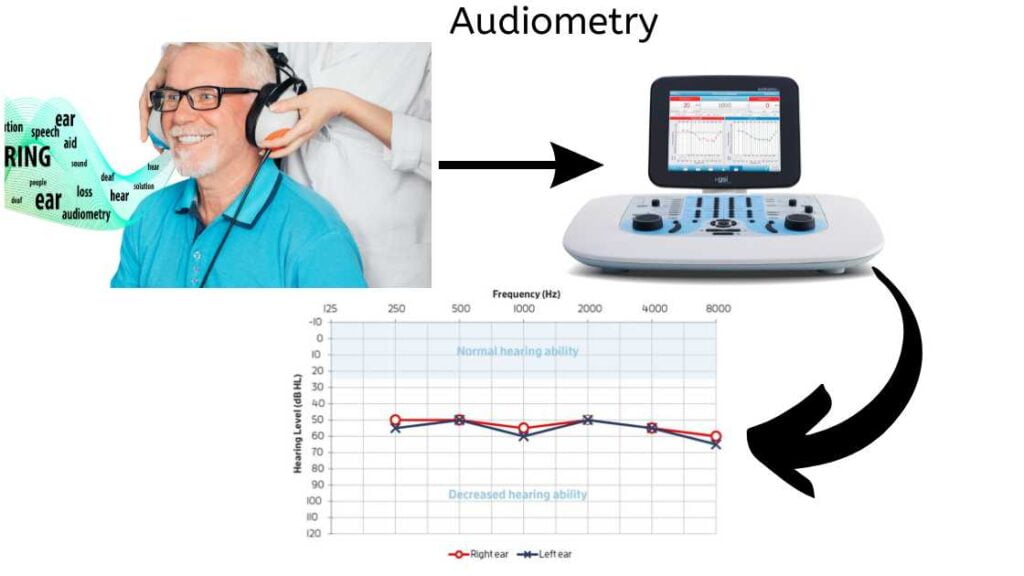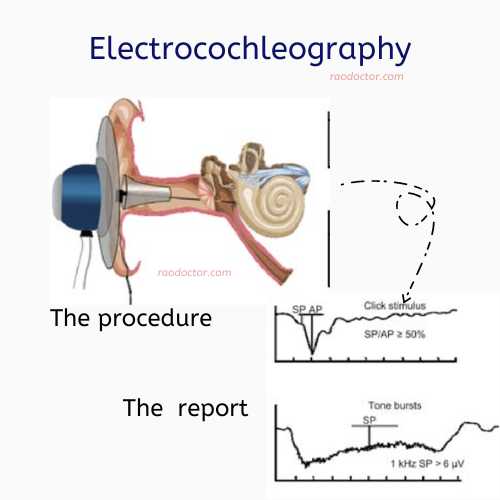Inner Ear Disorders
In my previous article on the ear and its diseases, I had mentioned two common disorders of the ear- Tinnitus and Meniere’s Disease. If you have not read it yet, you can do so here-
We will now learn all about these two conditions here along with another very common condition- Vertigo. We will split the article into two parts as the information covered is quite exhaustive. To start with we will learn about Tinnitus in Part 1, and in the second part, Vertigo and Meniere’s Disease.
As you all know by now, the inner ear is a complex and essential part of our auditory system responsible for maintaining our balance and spatial orientation. It is a delicate structure that can be easily affected by various factors such as age, genetics, and exposure to loud noises.
Inner ear disorders can significantly impact our quality of life, causing discomfort, dizziness, hearing loss, and other symptoms that can affect our daily activities.
Tinnitus, vertigo, and Meniere’s disease are three of the most common inner ear disorders that affect millions of people worldwide.
In this article, we will explore one of the inner ear disorders-Tinnitus- and provide insights on how to prevent and manage them.
Understanding Tinnitus
Tinnitus is a persistent ringing or buzzing in the ears that affects approximately 15% to 20% of elderly people of the global population.

It is a common symptom of various underlying conditions such as hearing loss, exposure to loud noises, and ear infections.
Tinnitus can be a mild annoyance, but it can also be severe, affecting a person’s ability to concentrate, sleep, and communicate with others.
Causes of Tinnitus
Tinnitus can be caused by various factors, but the most common ones include age-related hearing loss, exposure to loud noises, and ear infections.
As we age, the cells in our inner ear start to deteriorate, leading to hearing loss and tinnitus. Exposure to loud noises, such as music concerts and construction sites, can damage the hair cells in the inner ear, leading to tinnitus.
Ear infections, such as otitis media and otitis interna, can also cause tinnitus as they damage the sensitive structures in the ear.
Symptoms of Tinnitus
Have you ever been in an air flight and experienced sudden pressure in the ears giving rise to sudden increase sound volume with ringing sensation in ears?
Tinnitus can manifest in different ways, but the most common symptom is a ringing or buzzing sound in the ears. The sound can be constant or intermittent, and it can be high-pitched or low-pitched. Some people may also experience other symptoms such as hearing loss, dizziness, and ear pain.
Investigations for Tinnitus

- Audiological evaluation: This investigation involves a comprehensive assessment of the patient’s hearing ability. It may include tests such as pure-tone audiometry, speech audiometry, and tympanometry to determine the severity and type of hearing loss associated with tinnitus.
- Example: A patient with tinnitus undergoes an audiological evaluation to determine if there is any underlying hearing loss that may be contributing to their tinnitus symptoms.
- Imaging studies: Magnetic resonance imaging (MRI) or computed tomography (CT) scans may be ordered to rule out any structural abnormalities in the ear, such as tumors or vascular malformations, which can cause tinnitus.
- Example: A patient with tinnitus that is unilateral and pulsatile may be referred for an MRI to check for the presence of an acoustic neuroma or other tumors.
- Blood tests: Certain medical conditions, such as thyroid disorders, diabetes, or autoimmune diseases, can be associated with tinnitus. Blood tests may be conducted to identify any underlying systemic causes of tinnitus.
- Example: A patient with tinnitus and accompanying symptoms like fatigue and weight loss may be recommended blood tests to check for underlying thyroid disorders.
- Medication review: Some medications, such as certain antibiotics, nonsteroidal anti-inflammatory drugs (NSAIDs), and antidepressants, can cause tinnitus as a side effect. Reviewing the patient’s medication history can help identify any potential drug-related causes of tinnitus.
- Example: A patient presenting with new-onset tinnitus may undergo a medication review to identify if any recently started medications could be responsible for their symptoms.
- Electrocochleography (ECochG): This test measures the electrical activity generated by the inner ear in response to sound stimulation. It can help determine if the tinnitus originates from the ear or if it has a more central origin.
- Example: If the audiometry results are inconclusive, an ECochG may be conducted to help pinpoint the exact source of the tinnitus.

- Tinnitus pitch matching and loudness matching: These tests involve the patient matching the pitch and loudness of their tinnitus sound to external tones played by the audiologist. It helps provide more information about the subjective perception of tinnitus.
- Example: During a pitch matching test, the patient may be asked to indicate which external tone closely resembles the pitch of their tinnitus sound.
- Psychosocial assessment: Tinnitus can have a significant impact on a person’s mental and emotional well-being. A psychosocial assessment may be conducted to evaluate the patient’s psychological state and assess their coping mechanisms.
Example: A patient experiencing distress due to tinnitus may be referred to a psychologist or counselor for a psychosocial assessment to provide appropriate support and management strategies.
It’s important to note that the specific investigations recommended for tinnitus can vary based on individual circumstances, and it’s always best to consult a healthcare professional for an accurate diagnosis and personalized treatment plan.
Treatment for Tinnitus
There is no cure for tinnitus, but there are various treatments available to manage the symptoms. The most common treatment options include sound therapy, cognitive-behavioral therapy, and medication. Sound therapy involves using white noise or other soothing sounds to mask the tinnitus sound. Cognitive-behavioral therapy helps patients to manage their emotional response to tinnitus, reducing the impact it has on their daily lives.
Medications such as antidepressants and anti-anxiety drugs can also be used to manage the symptoms of tinnitus.
A word of caution: Do not self-medicate. Use only those medicines prescribed by your doctor.
Some of the commonly used medications to treat tinnitus include:
Antidepressants:
Certain antidepressant medications, such as amitriptyline or nortriptyline, may be prescribed to help manage tinnitus. These medications can help reduce anxiety and depression, which are often associated with tinnitus.
Antianxiety medications:
Benzodiazepines like diazepam or lorazepam may be prescribed to help reduce anxiety and relax the muscles. This can potentially lessen the perception of tinnitus.
Anticonvulsants:
Medications like gabapentin or pregabalin can be used to manage tinnitus in some cases. These medications are typically used to treat seizures or nerve pain, but they may also help with tinnitus symptoms.
Medications for blood flow:
Certain medications, such as vasodilators, may be prescribed to improve blood flow in the inner ear. This can potentially reduce tinnitus symptoms caused by poor circulation.
Ginkgo biloba:
While not a prescription medication, ginkgo biloba is a herbal supplement that is sometimes used to manage tinnitus symptoms. It is believed to improve blood flow and have antioxidant effects.
Caution: Please do not self-medicate in tinnitus
It’s important to note that the effectiveness of these medications in treating tinnitus can vary from person to person. What works for one individual may not work for another.
Additionally, it is crucial to consult with a healthcare professional before starting any medication for tinnitus. They can assess the underlying cause of tinnitus and recommend the most appropriate treatment plan, which may include medications alongside other interventions like counseling or sound therapy.
Conclusion
I hope you have understood the science behind ringing sounds in the ears – aka tinnitus – even without having visible source of sound production. If you have found this article useful, do consider sharing on the social media icons seen at the bottom of this article. Alternately, you can Click to Tweet –
The Three Top Causes of Inner Ear Disorders: Tinnitus, Vertigo, and Meniere's Disease- Part 1 Share on XMy next article will be the continuation of this series on Ear disorders- Internal Ear Disorder Part-2 – Vertigo and Meniere’s Disease.

